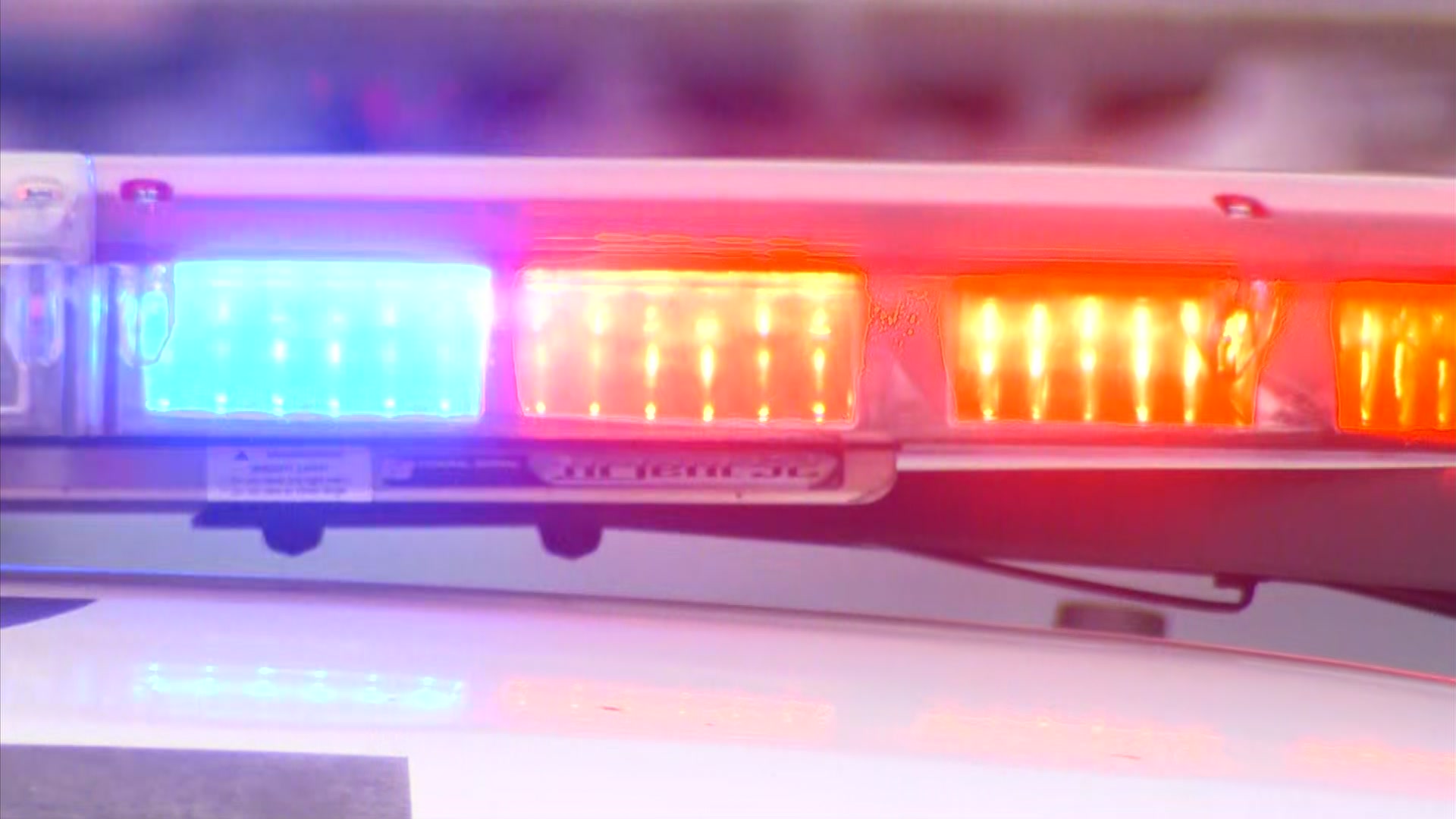A group of current and former Illinois lawmakers, including congressmen Luis Gutierrez, Bobby Rush, Jan Schakowsky, Danny Davis, and Mike Quigley, have asked the United States Supreme Court to take up the case of former governor Rod Blagojevich, who is currently serving a 14 year term in a Colorado prison.
Emphasizing they take no position on Blagojevich’s guilt or innocence, the lawmakers emphasize the need to clarify once and for all the vagueries of campaign finance law in the United States.
“This court’s guidance is needed to distinguish the lawful solicitation and donation of campaign contributions from criminal violations of federal extortion, bribery, and fraud laws,” the lawmakers wrote in the brief filed Monday, noting that the court’s landmark McCormick decision stated flatly that political candidates can’t “realistically avoid soliciting campaign funds from the very constituents whose interests they may later advance through the support of specific legislation.”
Among those joining in the petition to the high court were former congressmen William Lipinski and Glenn Poshard, Emil Jones, the former Illinois Senate President, and Skip Saviano, the current Village President of Elmwood Park.
In a second brief filed in support of Blagojevich getting his day before the high court, the Illinois Association of Criminal Defense Lawyers agreed that the current rules surrounding campaign finance are confusing at best.
“A correct determination of what words and actions are legal and what are not legal is absolutely critical,” the defense lawyers wrote. “The various appellate courts are in disarray regarding whether, in a campaign finance prosecution, the government needs to prove that there was an explicit quid pro quo in trade for the donation as originally outlined in McCormick v. United States, or whether there need only be something implicitly understood as a ‘wink and a nudge.’”
In his appeal to the Supreme Court, Blagojevich argued that he was innocent under the standards of McCormick, which stated a campaign finance crime only occurs when a politician makes an explicit promise of an official act in exchange for a campaign contribution, something the former governor says that he never did.
Another case, Evans vs. United States, adopts the “wink and nod” standard, saying one or both of the parties only need to believe there is such an arrangement.
“This court needs to eliminate the confusion,” the Illinois Defense Lawyers wrote. “The political candidate seeking office is supposed to ask for money. The political candidate is also expected to take the money.”
Conversely, they wrote, “political donors, by definition, are supposed to give candidates money.”
The trial lawyers took the argument one step further, quoting President Trump’s tweets and raising the spectre of a lax standard leading a President to threaten prosecution of his political opponents.
Local
“Everybody is asking why the Justice Department (and the FBI) isn’t looking into all of the dishonesty going on with Crooked Hillary and the Dems,” they quoted a presidential tweet from last month. “At some point the Justice Department must do what’s right and proper.”
Two other groups also filed amicus briefs in support of the court taking Blagojevich’s case, the Institute of Free Speech, and the Center on the Administration of Criminal Law.
Blagojevich has now served more than 5 years of his 14-year sentence. The Supreme Court has given the government until January 3rd to file a response to his appeal.



